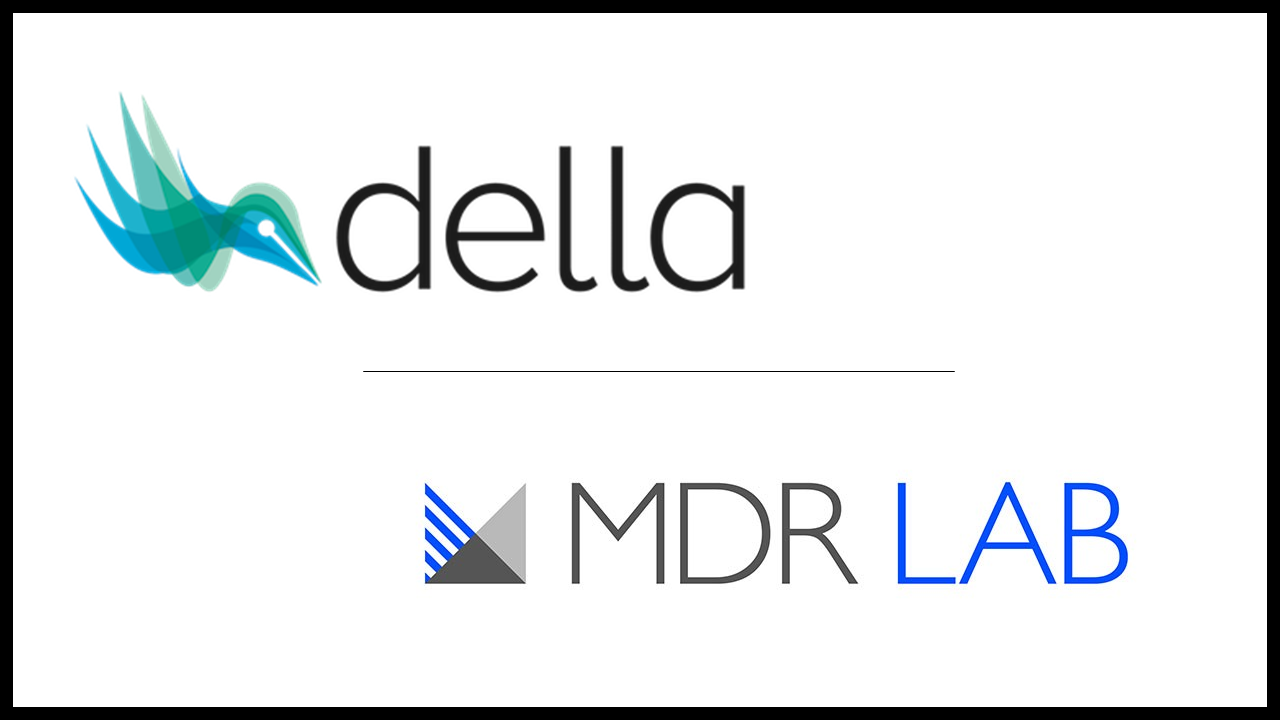The AI-driven contract analytics startup Della and the London-based international law firm Mishcon de Reya have entered into a commercial agreement by which Della’s platform will be available to selected legal teams throughout the firm.
The deal comes after the two-year-old startup graduated in February from Mishcon’s MDR Lab, a 12-week program designed to give legal startups the opportunity to work within their target market and to pilot and improve their products.
Della was also a participant in the 2021 Startup Alley at ABA Techshow (which I organize), where it was the third-place winner.
Read more about Della at the LawNext Legal Technology Directory.
Based in London and Paris, Della announced in March that it had raised $2.5 million in seed funding, in part to fuel its expansion in the U.S. market.
Yesterday, I spoke with Christophe Frèrebeau, founder and CEO of Della, and Oliver Neasham, managing associate in Mishcon’s real estate department about the commercial agreement.
Frèrebeau said that the process of going through the MDR Lab helped him realize something important about his product. While contract analytics products often focus on extracting data from collections of contracts — and while Della can be used for that purpose — it also has a unique capability of helping lawyers to review even single contracts.
That is important, he said, because while lawyers only periodically have large contract collections to review, they routinely have single contracts to review, so Della can become a key tool in a lawyer’s daily routine. User data indicates that lawyers who are Della customers spend 10-20 hours a month in the platform.
In fact, Frèrebeau credited Neasham as the lawyer who helped him understand that.
Neasham was more modest about how he came to see Della as a time-saving platform to review individual contracts, calling it the result of a team effort, but he said that Della has proven to be a powerful tool for quickly reviewing and summarizing complex commercial real estate contracts.
Of particular use, he said, are two features of Della. First is the ability to simply ask it a question about a document and get the answer, without having to extensively train Della in advance. Second is the ability of Della to create a summary of the document that is nearly ready to pass on to the client.
“Now we’re at the stage where not only are we able to extract the data, but we’re able to report as we go along in Della and then extract a report, which is in our Mishcon style,” Neasham said.
“Before we had a two-stage process, if we’re reviewing the documents and then extracting the data and then doing our reports. But now, we’ve got sort of a one-stage process of reviewing the data, analyzing it, and creating a report, and it’s almost like the same stage.”
He said that Mishcon is working to develop standard sets of questions for various types of documents. As an example, the lawyer might ask Della, “Does the contract contain a change-of-control provision?”
Neasham said that a major advantage of using Della is time savings. Just last week, he said, he used it to extract key information from eight complex lease documents and create a report on what it found. Using Della, he said, the process took only a half hour.
“So not only did it enable us to save time, it’s also helping the client because we can go back to them quicker than we might have done otherwise had we not used the tech,” Neasham said.
While Frèrebeau said that he is thrilled to have Mishcon as a customer, he pointed out that Della now has more than 30 customers, including both law firms and corporate legal departments, and that its revenue today is five times what it was when it left the MDR Lab.
He also reiterated what he told me in March, which is that Della is working to expand is customer base in the U.S. and, in fact, has signed some new customers in the U.S. since March.
 Robert Ambrogi Blog
Robert Ambrogi Blog

